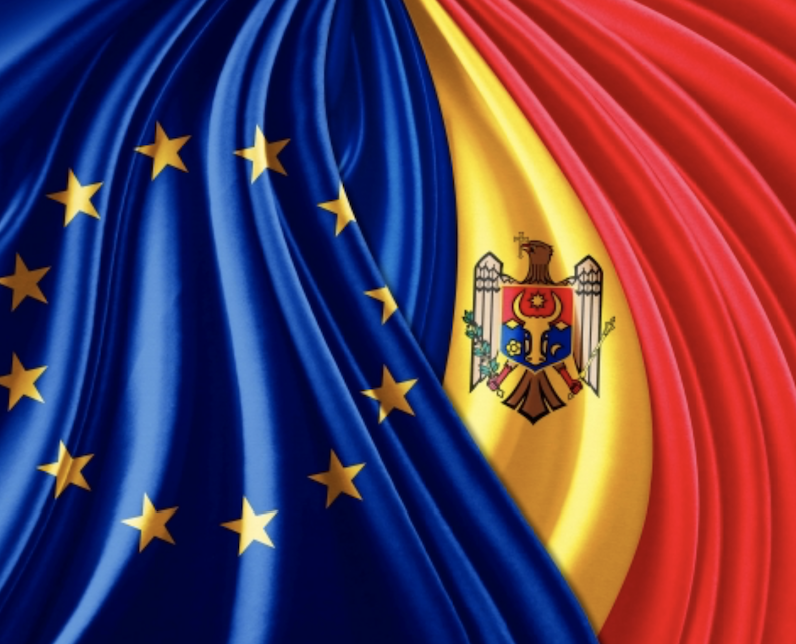Brussels – A small step towards the integration of the Republic of Moldova into the European single market: Brussels and Chișinău have revised and updated the trade conditions of the EU-Moldova Deep and Comprehensive Free Trade Area (DCFTA), removing some of the remaining barriers in the already deepened relationship between the bloc and the former Soviet republic, now in the path for EU accession.
The current EU-Moldova Association Agreement, signed in 2014, already provided for duty-free access for most exports from Chișinău. From July 25, 2022, up to now, Moldova has also benefited from temporary assistance measures implemented by the EU to mitigate the effects of the war in Ukraine, which disrupted several of the country’s traditional export routes.
With the agreement reached last night (July 24), more Moldovan fruit and vegetables will travel towards Brussels, while pork, poultry, milk, and butter produced in the member states will move in the opposite direction. Faced with the increase in the value of Moldovan exports to the EU, from EUR 1.8 billion in 2021 to EUR 2.2 billion in 2024 – also with a view to Chișinău’s gradual distancing from Moscow -the EU agreed to improve access to the single market for Moldovan agricultural products that have not yet been liberalized.
In particular, the EU will increase tariff quotas, which allow the import of a predetermined quantity of a product at a lower duty than the normal rate for that product, for plums, table grapes, apples, and cherries. Grape juice, tomatoes, and garlic will instead be duty-free. Conversely, Chișinău will increase quotas for European pork and poultry and offer new ones for frozen boneless meat, milk, and butter.
The EU Trade Commissioner, Maroš Šefčovič, assured that it is a “fair and balanced” agreement, which “safeguards the interests of EU farmers, providing much-needed stability and predictability in these uncertain times.”
The new access to the single market for Moldovan products is, in fact, conditional on Chișinău’s gradual alignment with the production standards in force in the EU, particularly regarding the use of pesticides. Both sides will also have the possibility to activate a safeguard mechanism, which will allow the adoption of “appropriate measures” should imports distort their respective markets. In the case of the EU, one or more Member States may conduct the assessment of a potential disturbance.
The agreement foresees a review in 2027, when Brussels will assess Moldova’s progress towards EU membership, the degree of integration of its market with the single European market, the degree of utilization of the agreed trade quotas, and the evolution of production and import capacities.
English version by the Translation Service of Withub
